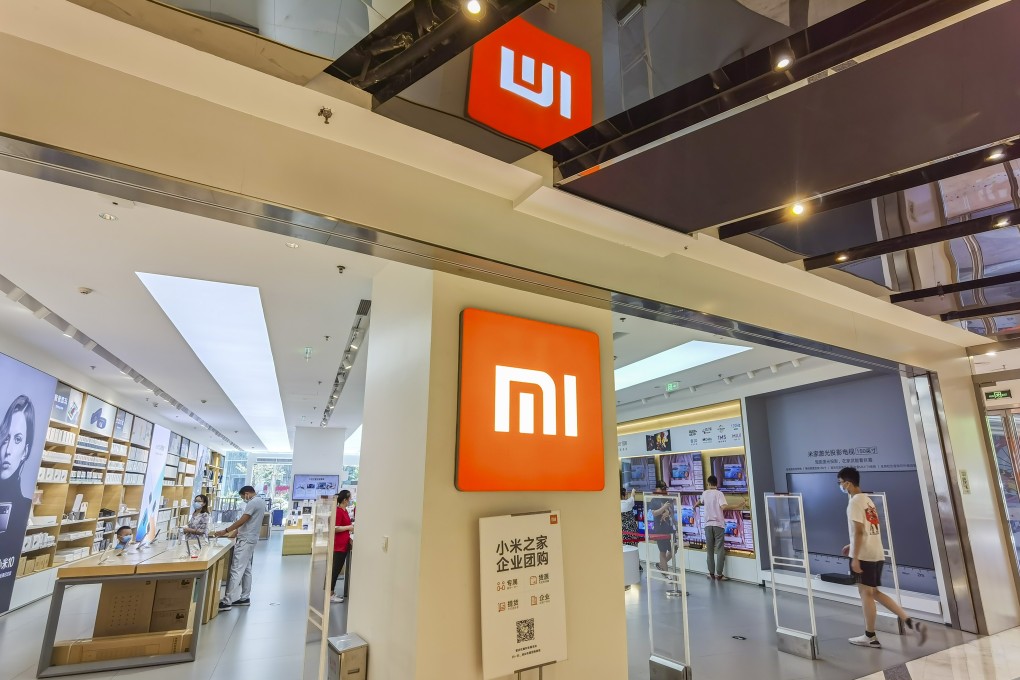Xiaomi’s rare victory against US blacklist could pave the way for other Chinese tech giants
- Smartphone maker has reached an agreement with the US government to remove itself from a blacklist that targets firms with Chinese military links
- Xiaomi’s example will give hope to other Chinese tech firms, analysts say

The Beijing-based company reached an agreement with the US Department of Defense to set aside its blacklisting, which had prohibited US investors from owning shares in the company and which would have led to delisting from US exchanges and deletion from global benchmark indices.
The 11-year-old firm, founded by billionaire Lei Jun, took several key steps to create an effective solution for its US problems, according to Cameron Johnson, a partner at Tidal Wave Solutions.

“Xiaomi used the US legal system as its ally, including filing a lawsuit and getting it before a judge quickly,” said Johnson. As the company was suing the government, it simultaneously started negotiations with the US government in an attempt to mitigate their concerns, he added.